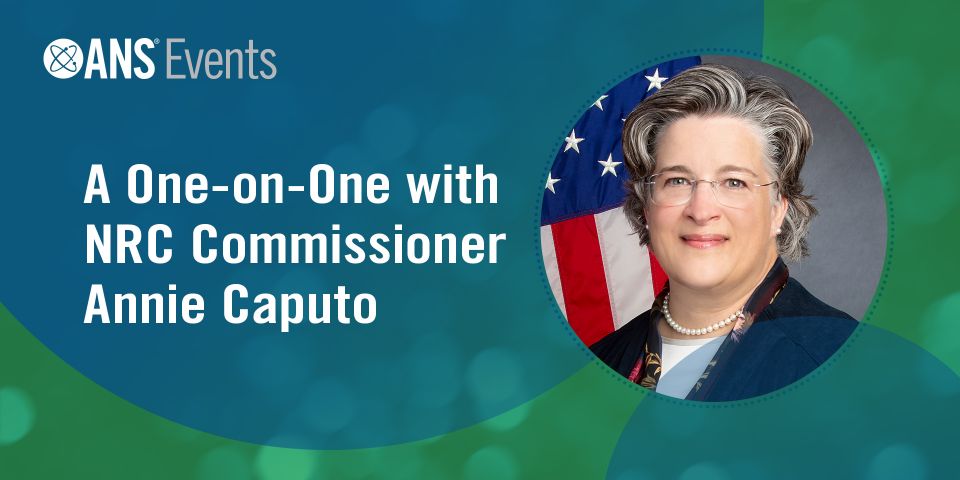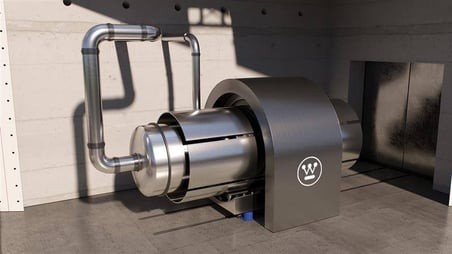The motivation: Spent fuel reprocessing (also referred to as used fuel recycling) could lead to more efficient use of uranium resources while reducing the amount and types of waste that require geologic disposal. “Everything comes at a cost, and at the present time the cost of embarking on a reprocessing program for the current fleet of light-water reactors would be very high,” Nesbit stated. “With that being said, a closed fuel cycle could be an attractive option for advanced reactors, particularly those that operate with a fast neutron spectrum and are able to efficiently utilize recycled nuclear material.”
As Piercy’s letter states, efforts by the NRC to address regulatory gaps, particularly regarding costs and nonproliferation, “would tangibly reduce the regulatory uncertainty associated with deploying reprocessing technologies, thereby lowering the costs and risks of deployment. . . . While no new reprocessing facilities are planned in the United States at this time, this in itself should not be the rationale for suspending rulemaking.”
A timely topic: Reprocessing has gotten a lot of attention within the nuclear community lately, especially after Rita Baranwal, assistant secretary for nuclear energy at the Department of Energy, suggested the United States could send fuel overseas for recycling during a May 14 webinar hosted by the Organization for Economic Cooperation and Development’s Nuclear Energy Agency. ANS’s work on the issue pre-dated those remarks.
“The ANS Fuel Cycle and Waste Management Division raised the issue in April,” Nesbit said. “Incoming chair Sven Bader, current chair Jared Johnson, and others in FC&WMD did a great job drafting a comment letter and working with the Nuclear Waste Policy Task Force and the ANS staff to get it issued.”
What is ANS’s goal? Nesbit explained it in this way: “We would like the NRC to carry out the proposed rulemaking to establish a technology-inclusive, risk-informed, and performance-based rulemaking framework for nuclear fuel reprocessing facilities,” he said. Recognizing that rulemakings typically take a long time to come to fruition, Nesbit added that “my hope is that the agency will streamline its processes and accomplish the job in a time frame of approximately five years.”
Work continues: The Nuclear Waste Policy Task Force will continue to encourage policymakers to address the current logjam on high-level waste management. The events of 2020—including the COVID-19 pandemic and a presidential election—may forestall major breakthroughs on nuclear waste policy, Nesbit acknowledged. Nonetheless, the task force has recommended simple actions the government can take now to set the stage for real progress. Those recommendations can be found in an issue brief—“A Proposal for Progress on Nuclear Waste Management”—available on the ANS website.
The full letter is posted on the ANS website. Visit www.ans.org/policy for more information about ANS’s participation in U.S. and international public policy discussions.






